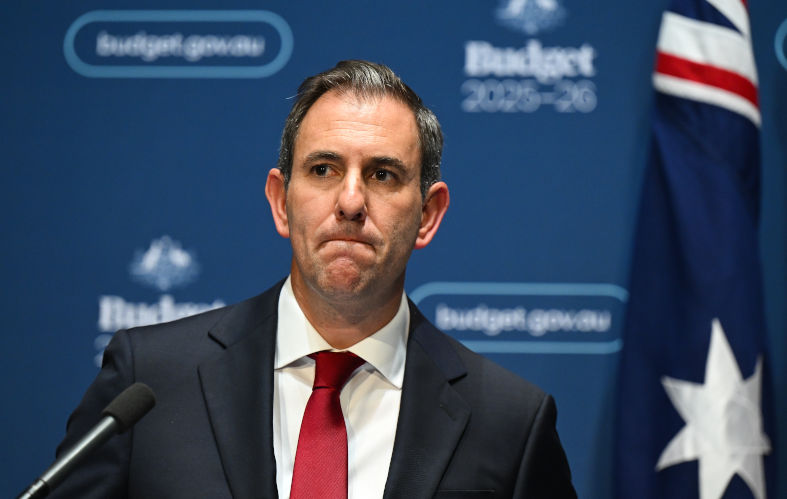Well-being, health and the Productivity Roundtable
August 11, 2025
In June 2025 I wrote about the National Well-being Budget and Measuring What Matters. Since then, a lot has happened that deserves attention, particularly with the government’s planned Productivity Roundtable in August.
What is happening, and where is health?
The Albanese Government was re-elected in May with a strong mandate. Minister Mark Butler was re-appointed as minister for Health and Ageing, with additional responsibilities for Disability and the NDIS. He sits on Cabinet’s key expenditure review committee, giving him a central role in budget decisions.
The Treasurer has announced a national Productivity Roundtable. It will bring together leaders from business, unions, civil society, government and other experts. The focus will be on three themes: making the economy more productive; building resilience in uncertain times; and strengthening the budget for the long term.
So far, no representatives of the health sector are on the invitation list. This is a major oversight. Health, aged care and disability together account for about a quarter of federal spending. Good health is not only a cost driver. It is a foundation for education, employment, productivity and prosperity. Without it, none of the other big goals are achievable.
Others have made this point. ACOSS will attend, but it is unreasonable to expect one person to represent the entire care and social services sector. The Treasurer himself has acknowledged that four of the six major budget pressures are health- or care-related. Yet in outlining the Roundtable, health was mentioned only once, and only as a cost.
What the Well-being Framework promised
The government’s Well-being Budget Framework, launched in 2023, set out what matters most to Australians across five areas: being healthy, secure, sustainable, cohesive and prosperous. It aimed to bring economic policy closer to real life, recognising that GDP alone does not tell us whether people are safe, supported and thriving.
The Framework was widely welcomed. It aligned with what consumers tell CHF they value most: income and wealth, housing, health, education and social supports. They also want better data to reveal avoidable differences in health, well-being and longevity between population groups.
However, progress has stalled. The Framework has slipped down the agenda in the face of the cost-of-living crisis. The first Measuring What Matters statement in 2023 showed some improvements in life expectancy and job opportunities, but worse results for chronic illness and housing affordability. Chronic conditions, mental ill-health, aged care pressures and unequal access to healthcare continue to hold back individuals, families and communities. These problems flow directly into lost productivity and higher public costs.
Why health must be at the table
We welcome the Treasurer’s focus on productivity, resilience and sustainable budgets. But without health voices, the Roundtable will miss a key part of the picture. Investments in prevention, early intervention and care are not just spending. They are drivers of education outcomes, workforce participation and national prosperity.
It is encouraging that the health minister will host a dedicated health and care sector roundtable on 13 August, which CHF will attend. That is a start. But the main Productivity Roundtable should not silo health off to one side. It should integrate well-being measures into economic planning from the outset.
Consumers want affordable, safe care. They want prevention and navigation support. They want action on the unfair gaps in health outcomes across population groups. All of these improve well-being and lift productivity.
What government should do next
Australia needs bold, integrated policy. We need health experts involved in the Productivity Roundtable. We need the Well-being Framework retabled as a lasting part of government decision-making. It should shape choices on housing, climate, financial stress, education and care because all of these intersect with health.
This is a chance for government to put well-being at the heart of productivity policy, to transform systems that are no longer fit for purpose and to tackle the chronic disease and aged care challenges holding us back. It is an opportunity to build a healthier, fairer, more productive Australia.
It should not be missed.
The views expressed in this article may or may not reflect those of Pearls and Irritations.

